Jeremiah was the son of Hilkiah the high priest of Anathoth, born around 645 BC. Jeremiah was born and raised in Anathoth which was the village of the priests, which was 6 km northeast of Jerusalem during the reign of evil King Manasseh. Jeremiah is thought to have descended from Abiathar, the priest of King David, who was deposed by King Solomon from his priestly office in Jerusalem and exiled to his estate in the city of Anathoth (1 Kings 2: 26-27).
In about 648 B.C.E., Manasseh was converted and released back to Jerusalem. Manasseh initiated religious reforms and rebuilt Jerusalem and Judah. Josiah was born. Jeremiah, Zephaniah, and Habakkuk were also born around this time. Manasseh then died and King Ammon began his two cruel years of rule. But King Ammon was killed by his own servants (2 Chronicles 33: 24-25). Josiah, who was eight years old at that time, was then appointed king. Then Josiah at the age of 16 began to seek God. Then at the age of 20, Josiah began religious reforms throughout Judah. Daniel was born around this time.
And in about 627/626 BC, Jeremiah was called by God to be a prophet.
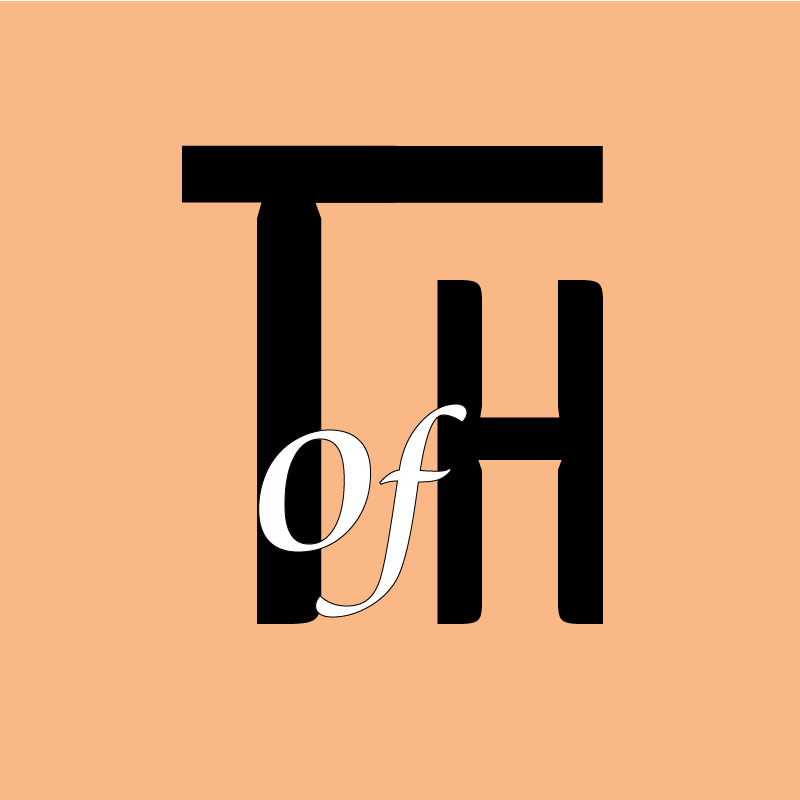
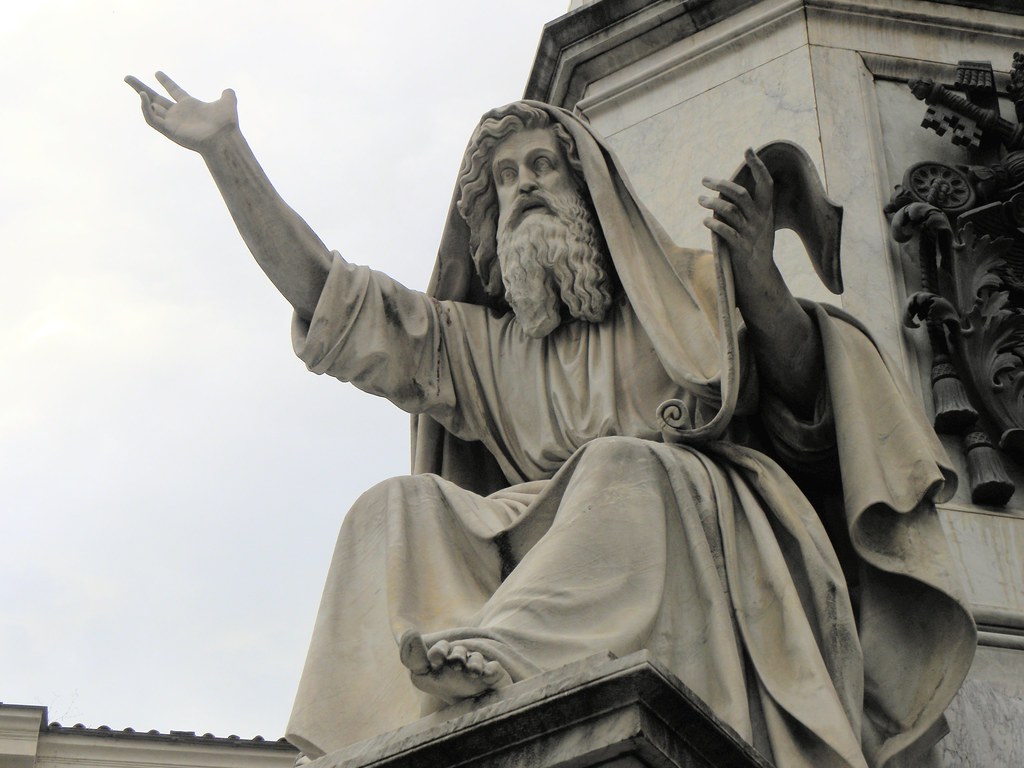



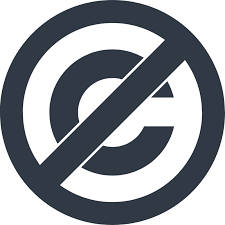
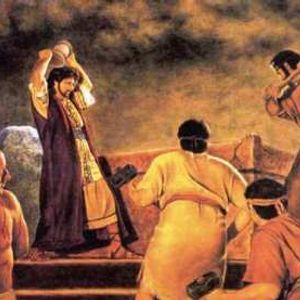


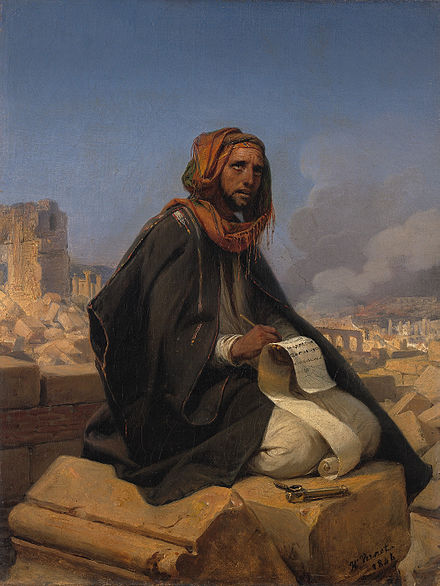
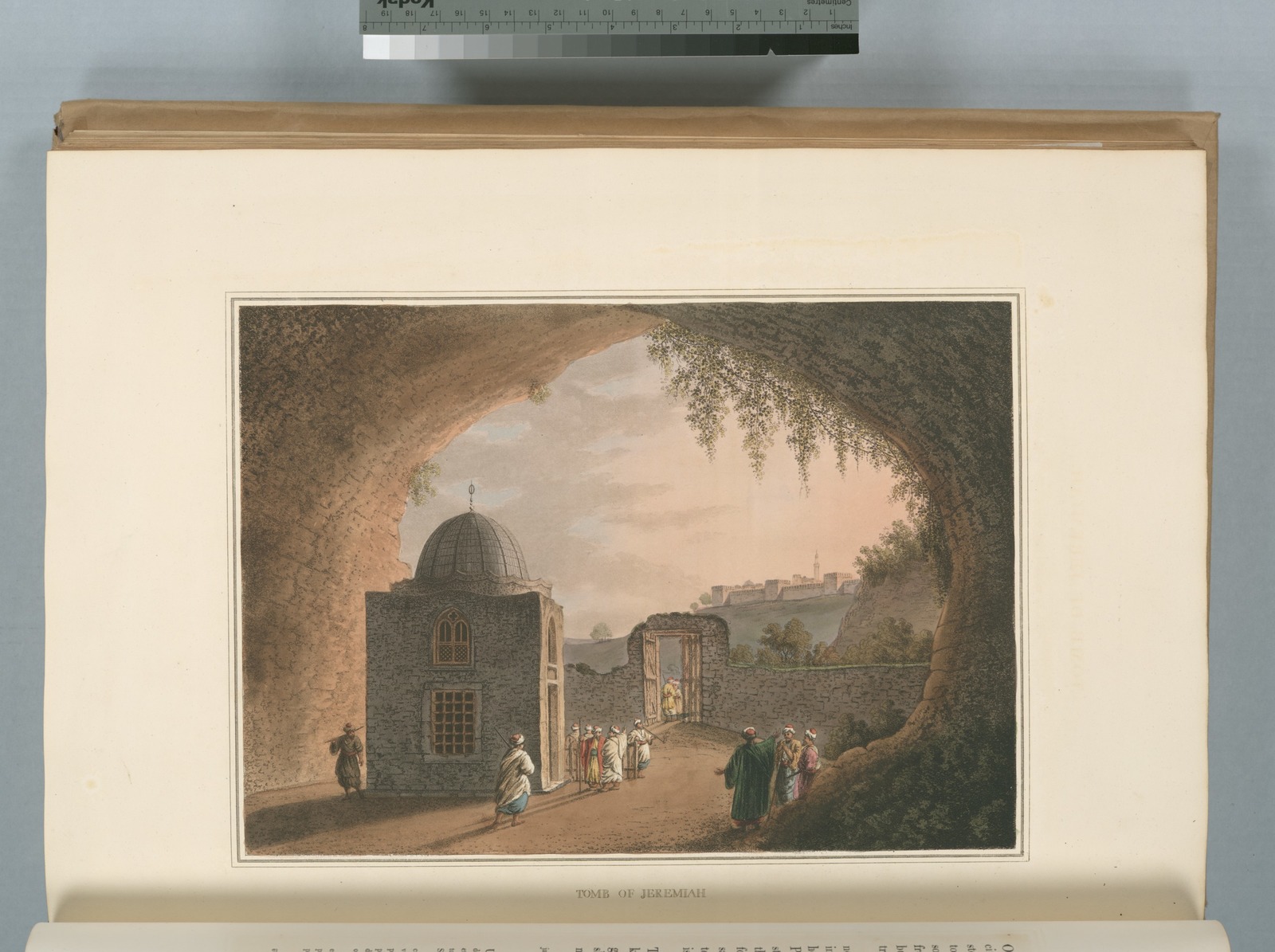

Comments
Links